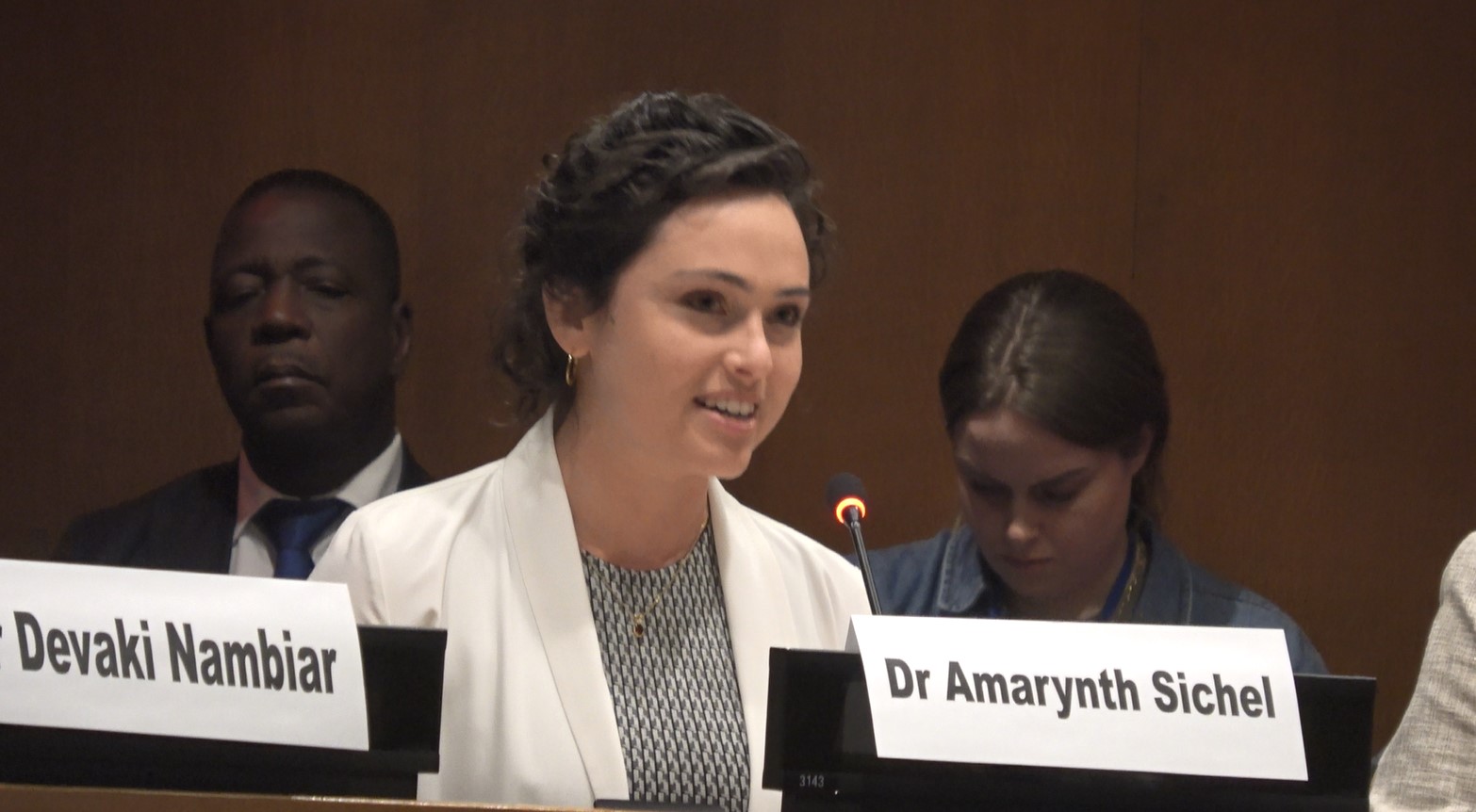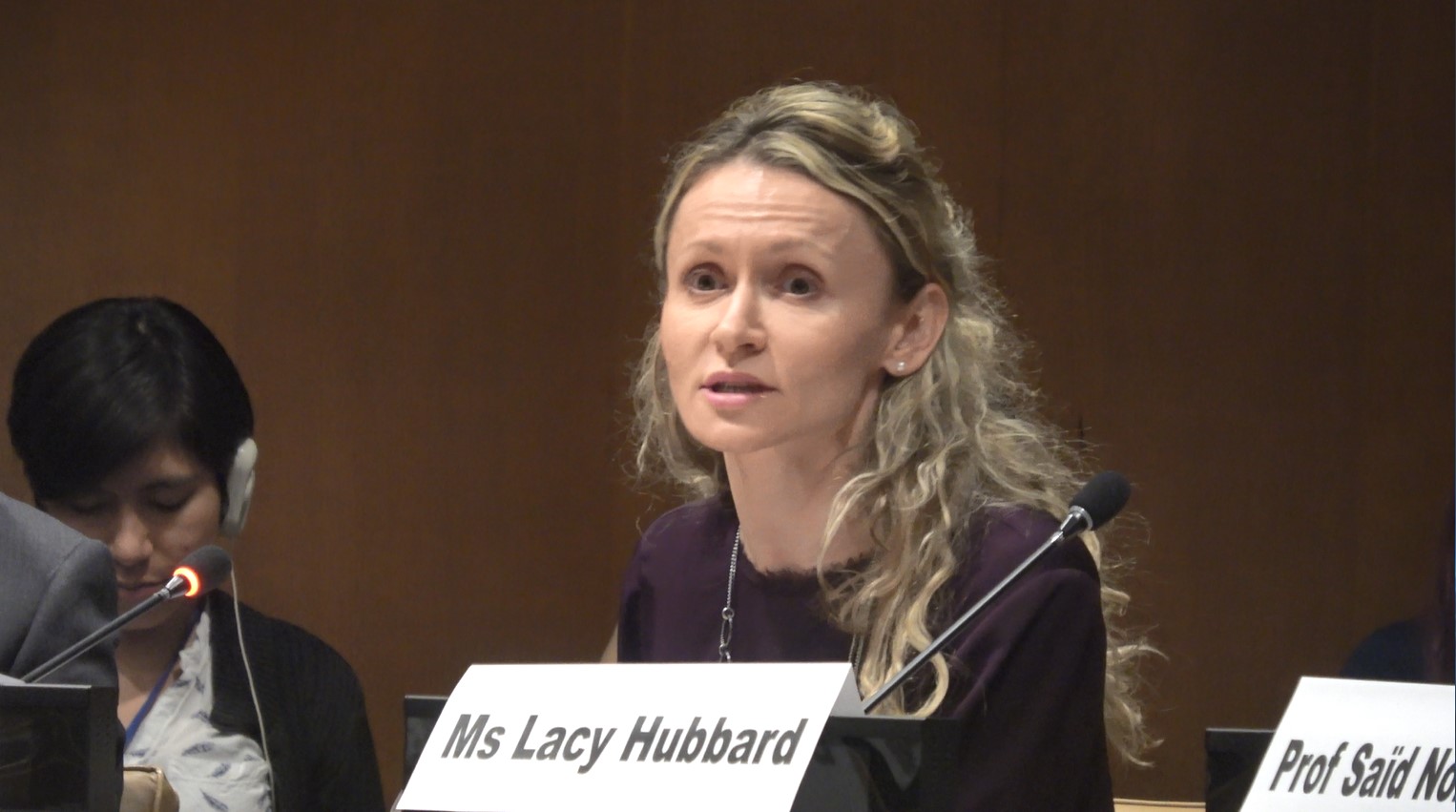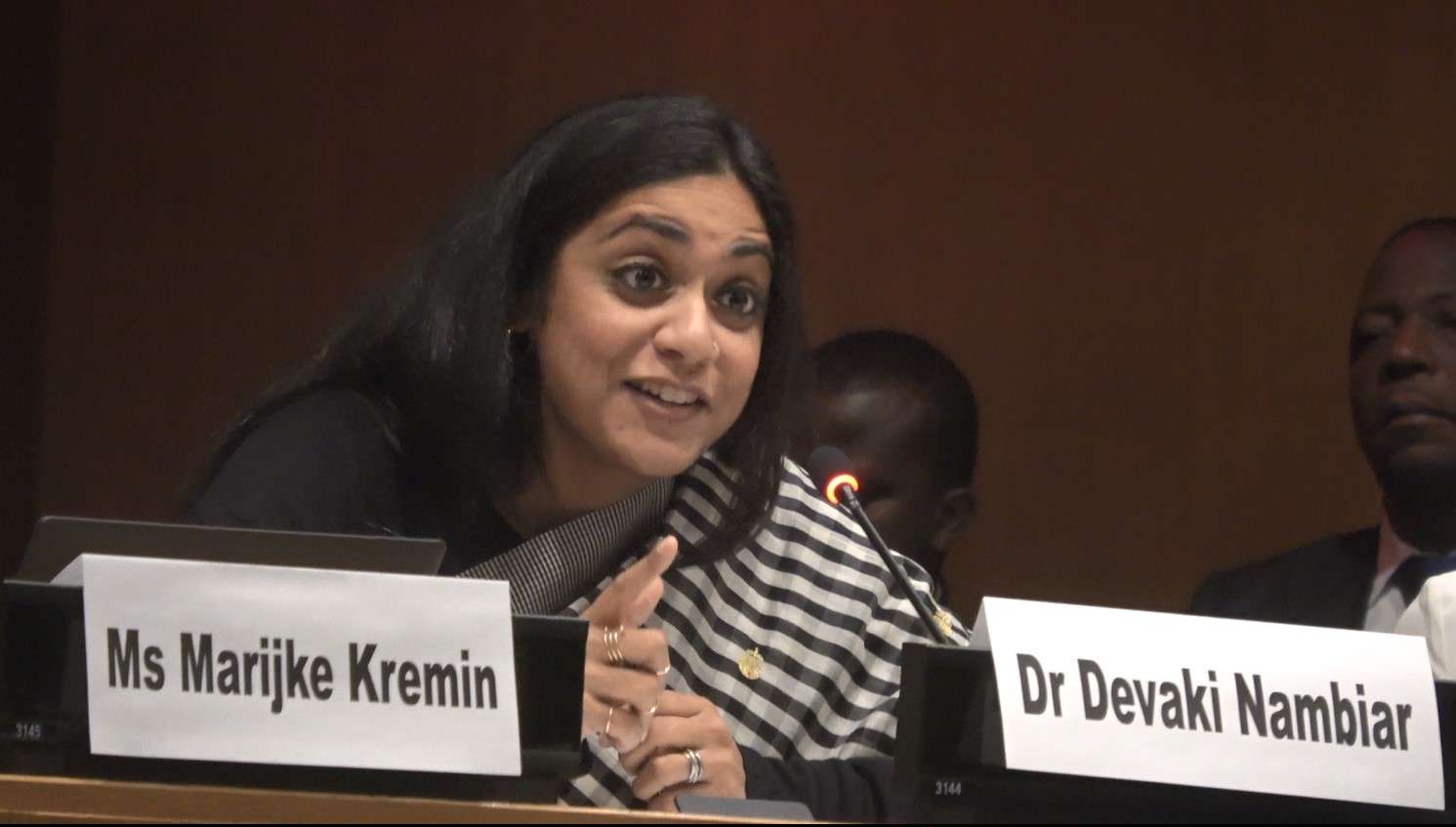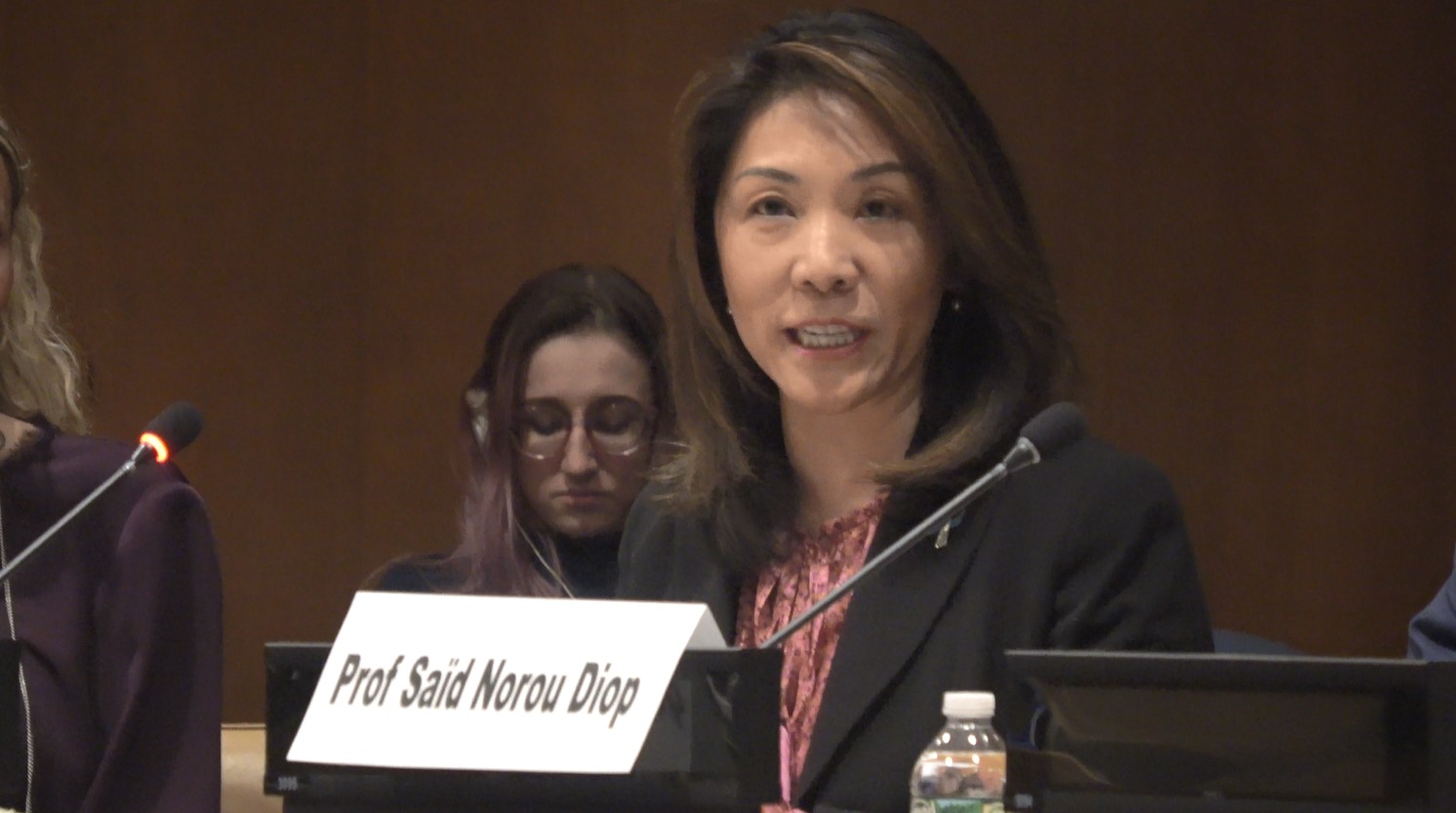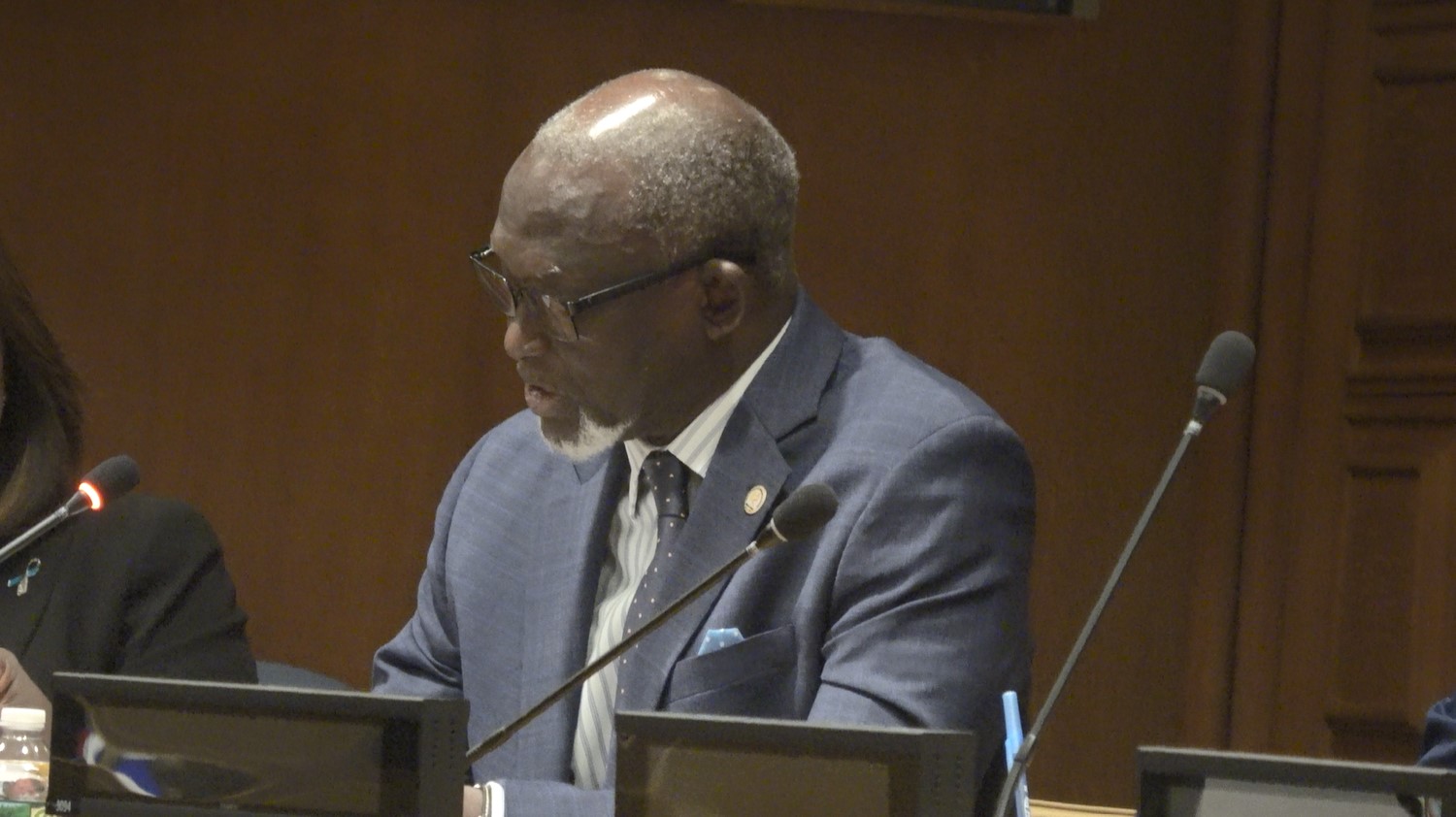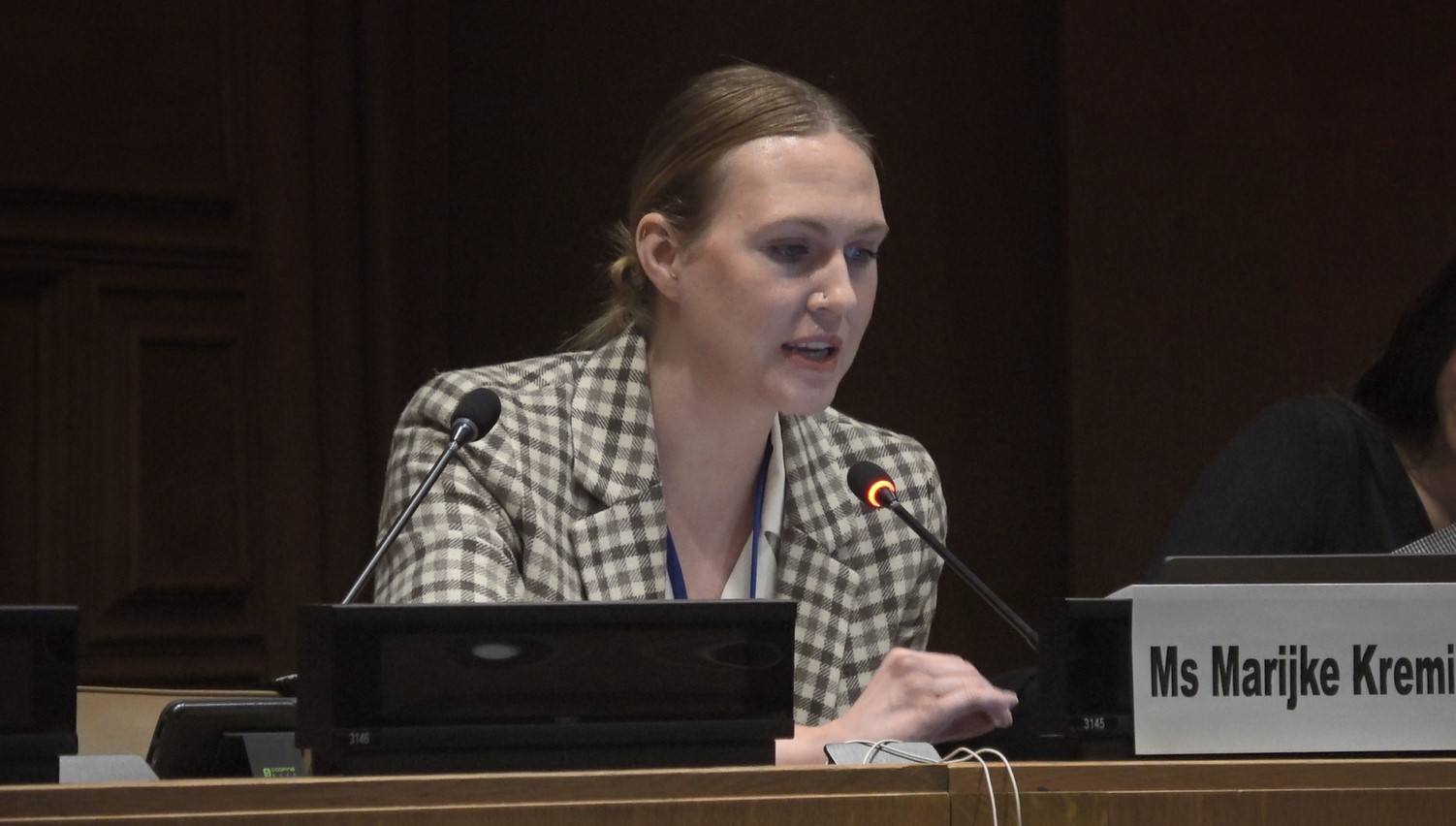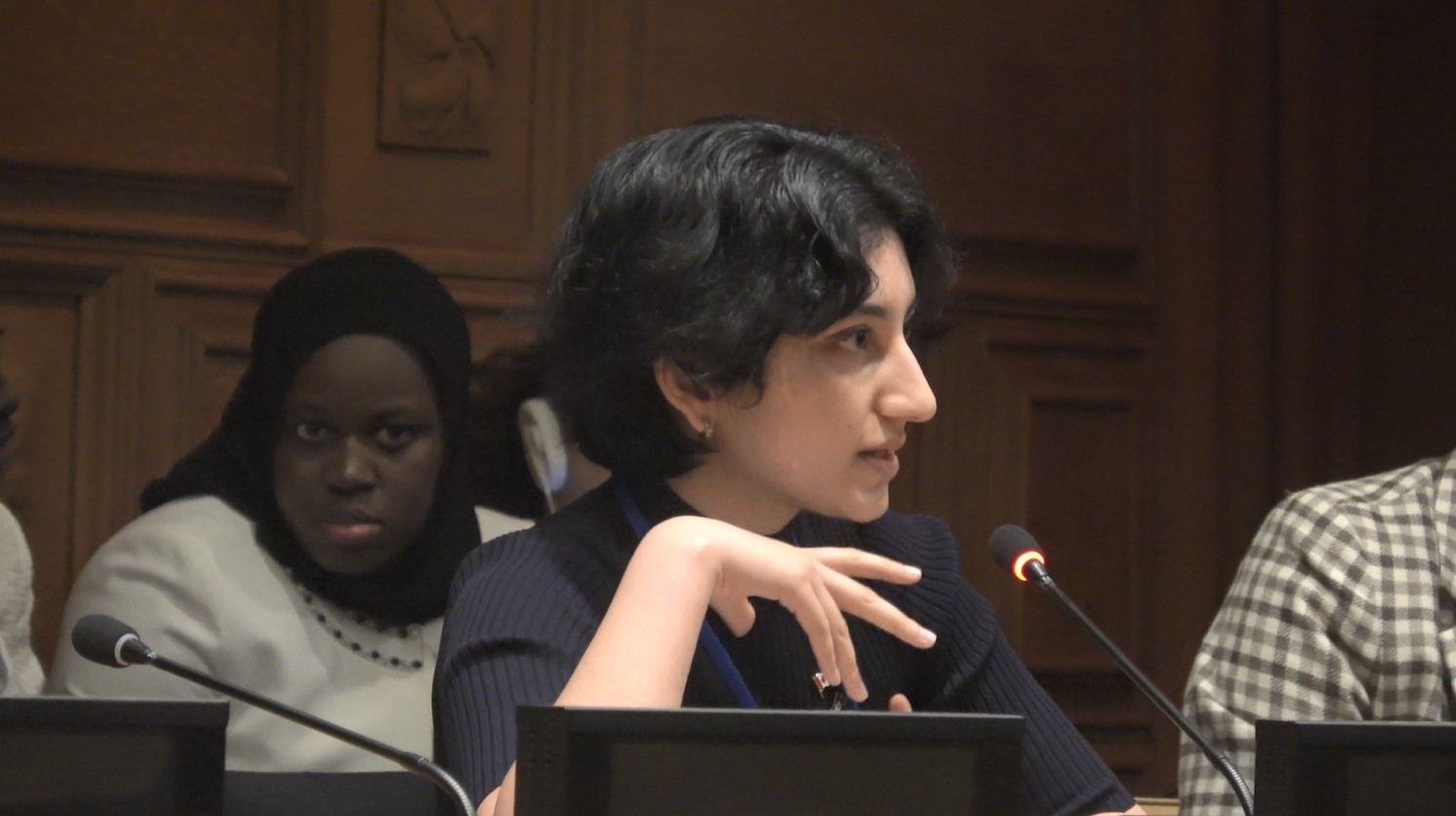Editer`s Noted:Digital health equity is becoming a frequent topic of discussion. However, before we can engage people in their health via digital channels, we must address the inequities surrounding technology — access, use, and literacy. Addressing these challenges, putting the right laws and policies in place, and choosing creative solutions to barriers are foundational to every other modern health goal.
Noncommunicable diseases (NCDs) are a leading cause of death across the world, resulting in 150 million premature deaths among people aged between 30 and 70 years, mostly in developing countries. In 2019, 7 of the 10 leading causes of global death were due to NCDs. Without imminent action, another 150 million people are projected to die prematurely from NCDs in the next decade.
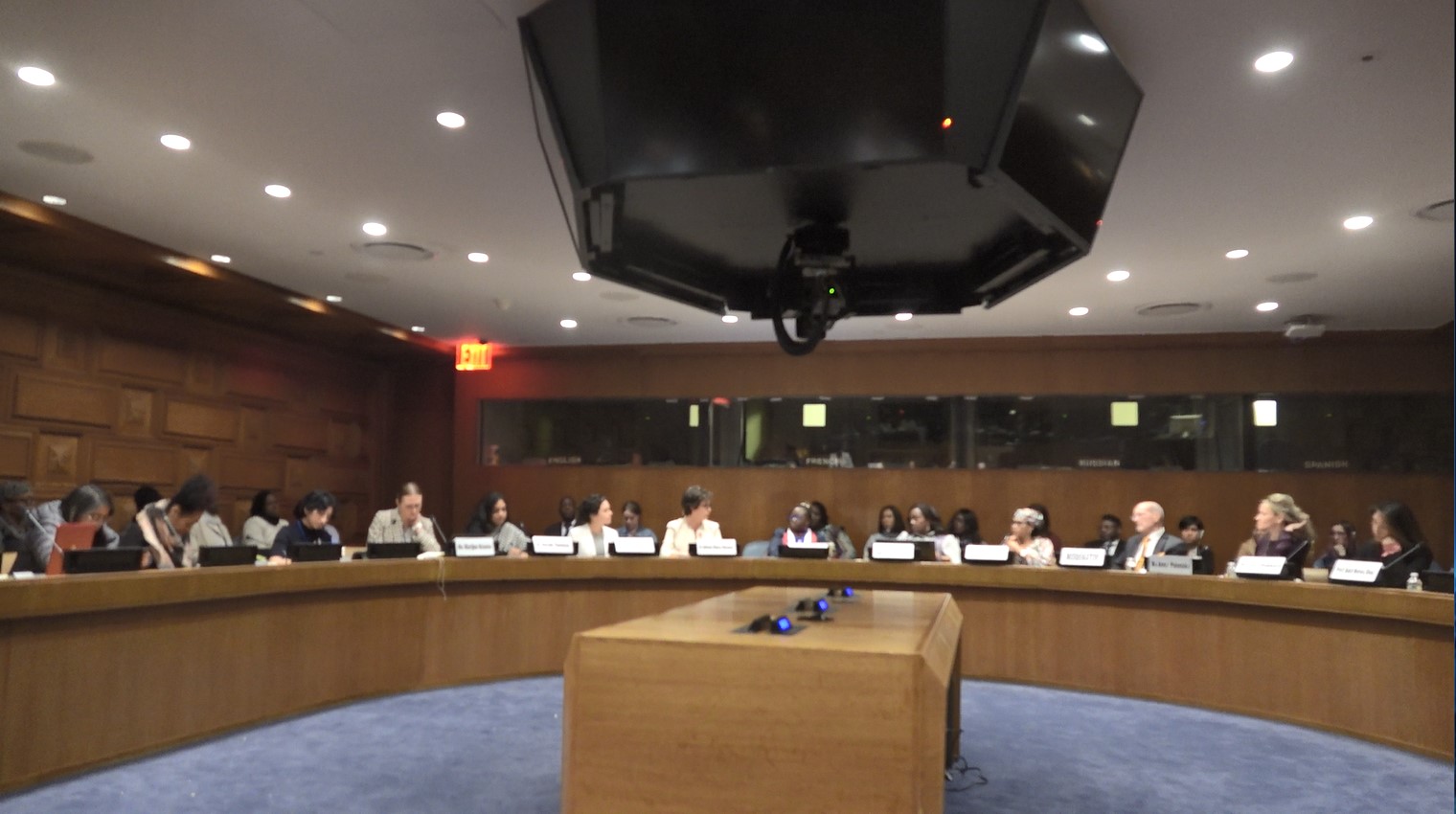
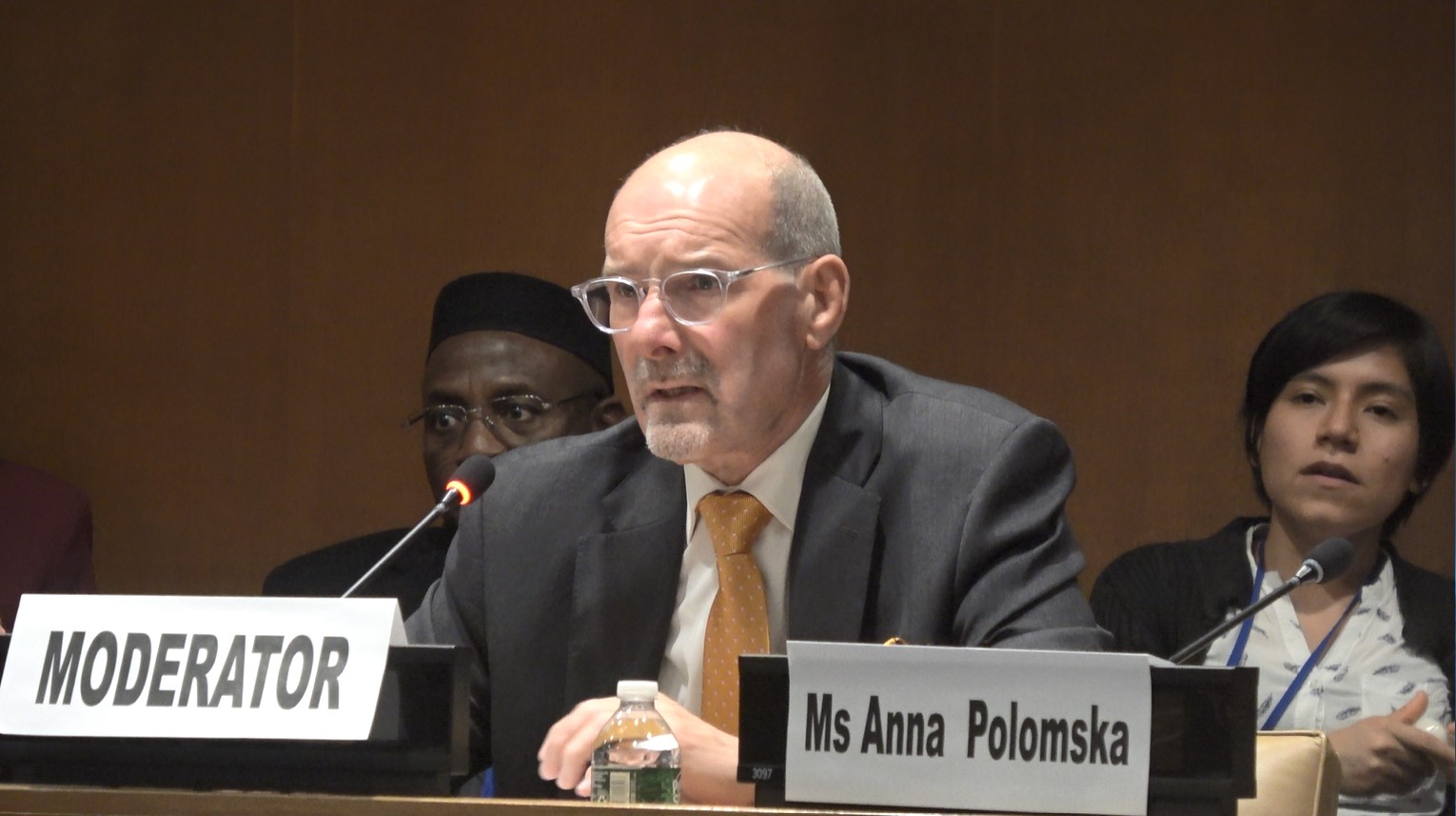
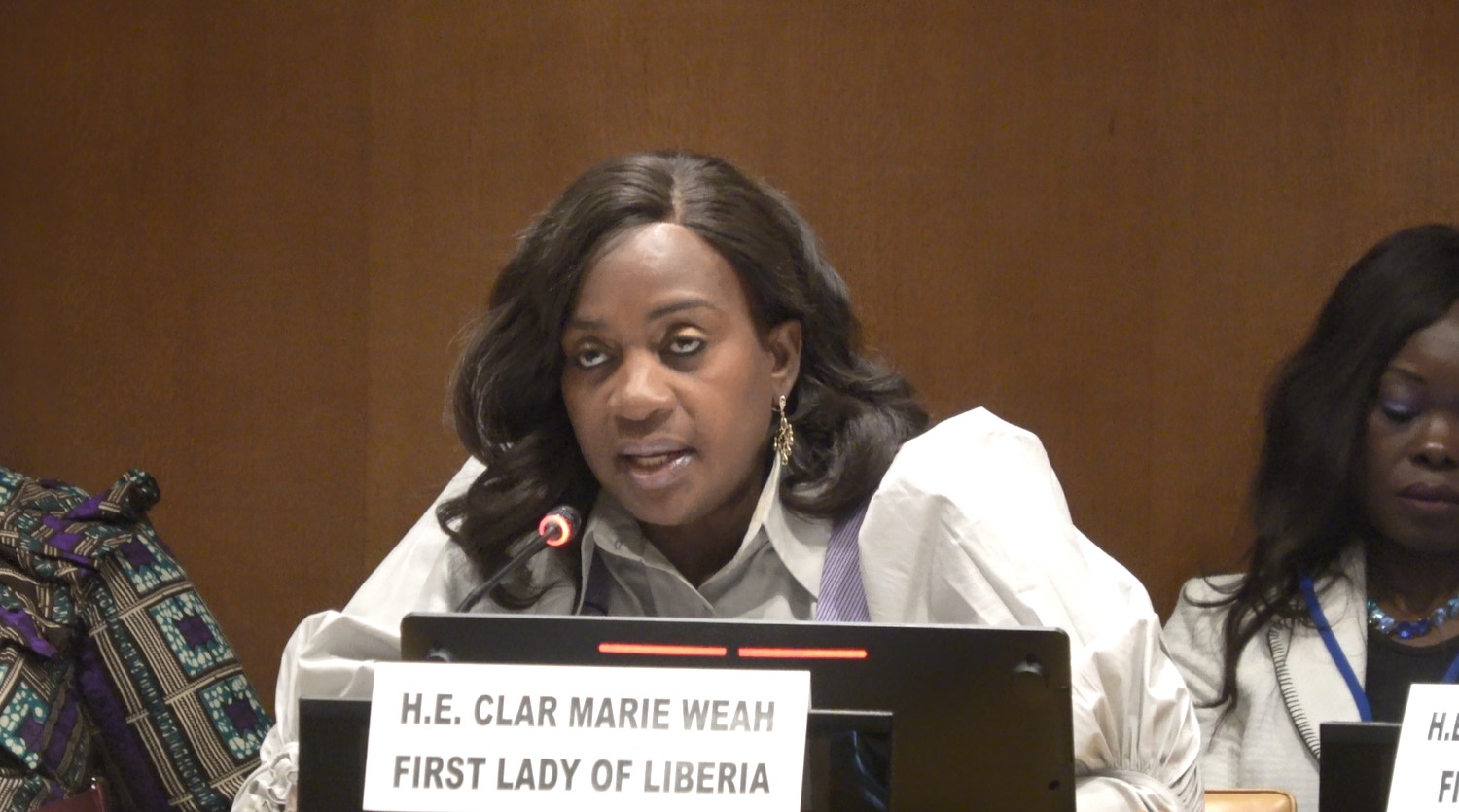
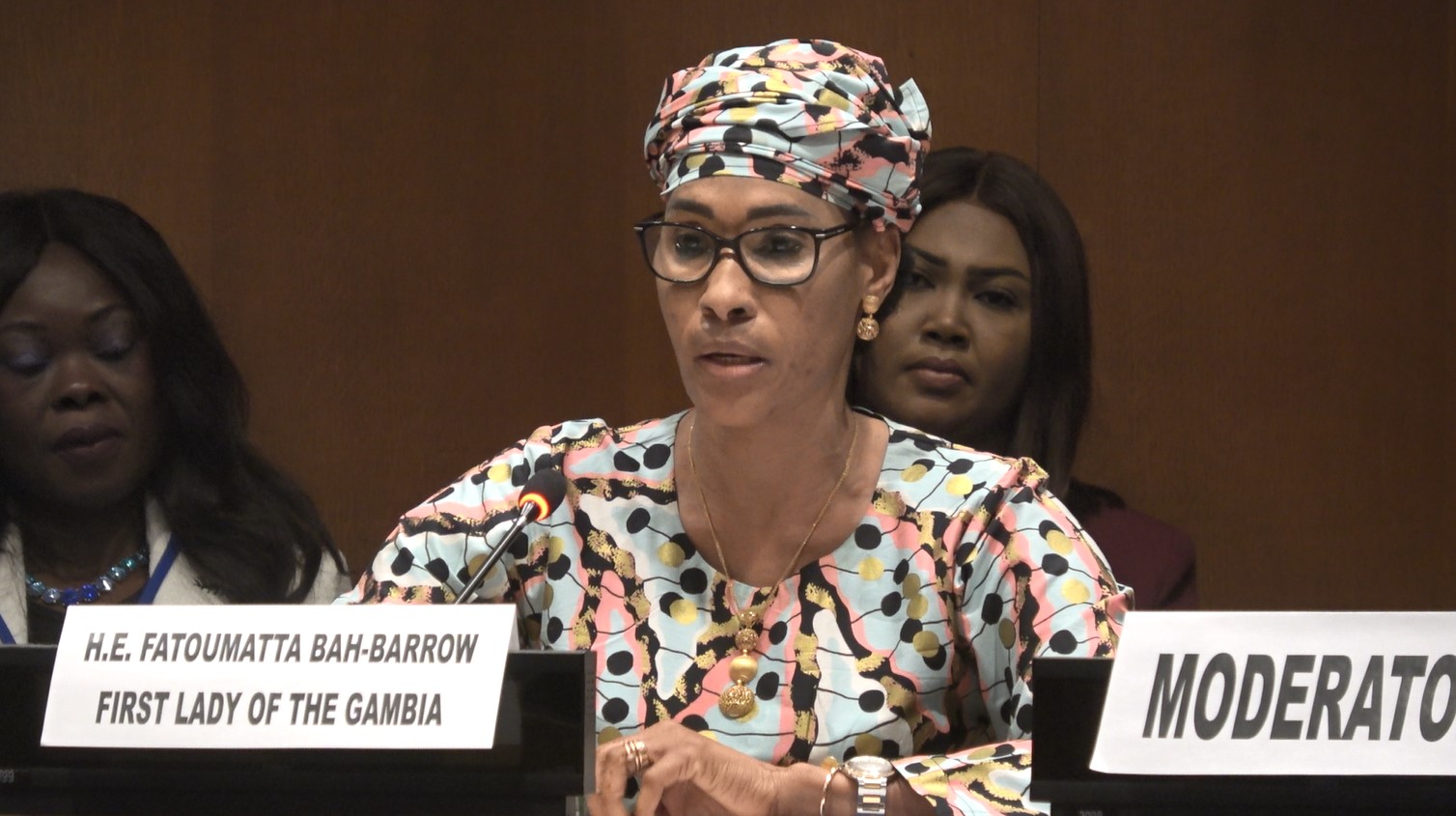
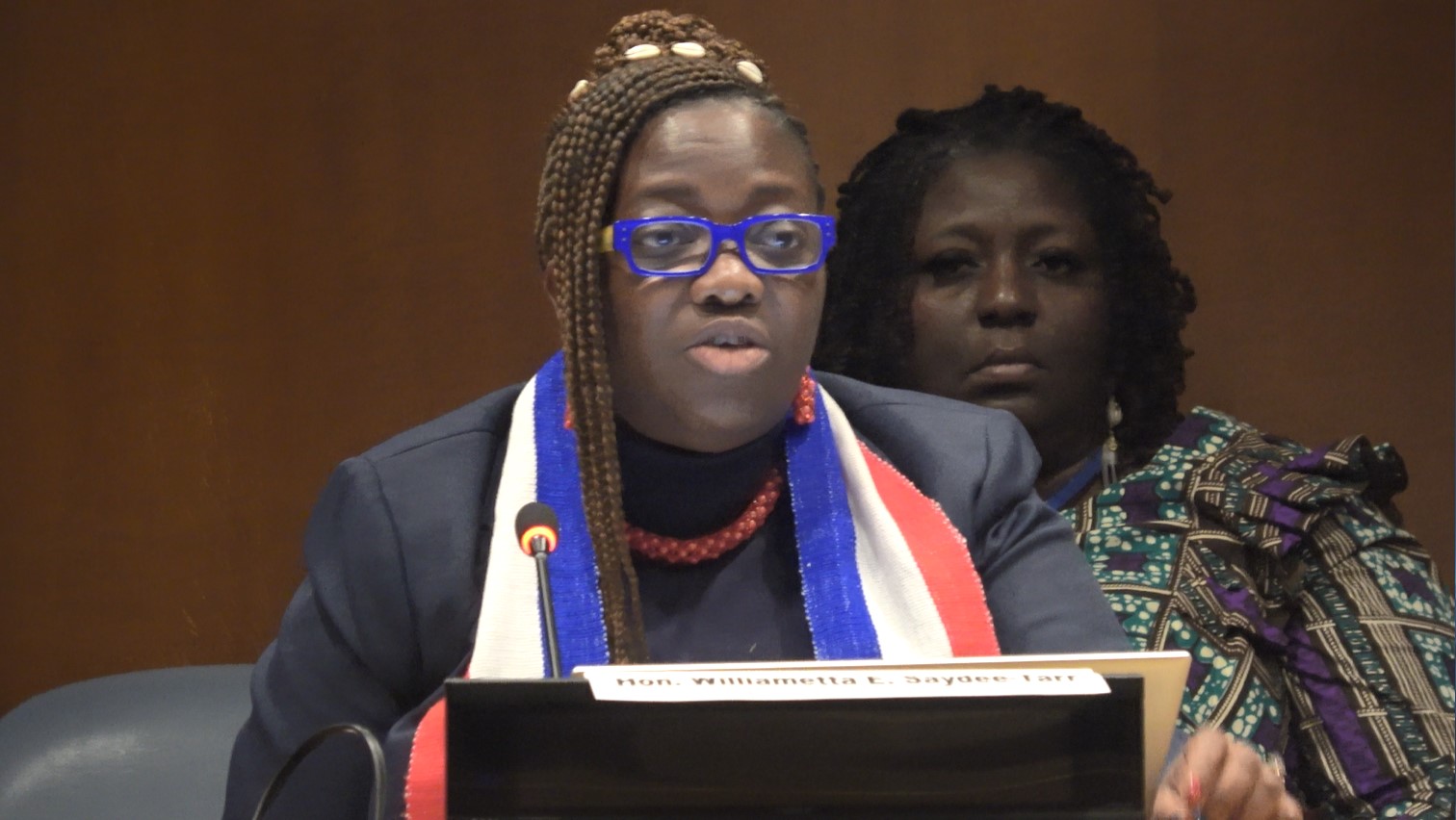
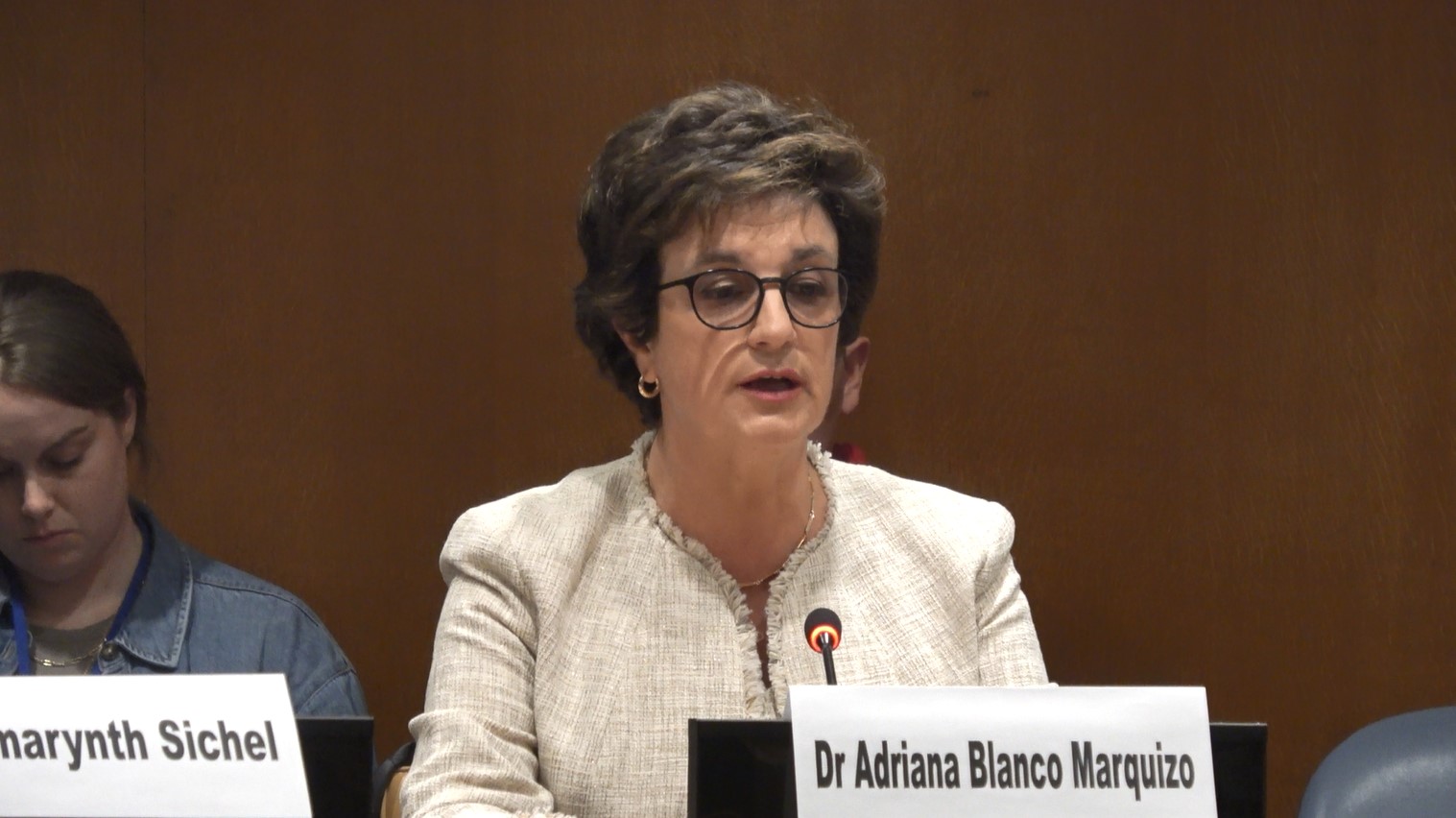
The purpose of this session is to discuss and highlight the relevance of digital health interventions in the context of non-communicable diseases and the importance of ensuring women's meaningful use of digital technology.
The objective of the session is to convene experts, advocates and Member States to:
- Raise the priority accorded to the prevention and control of NCDs through digital health programs, research, innovation, data, and digital solutions
- Discuss ways to meaningfully engage women and girls to co-create spaces for overcoming barriers, sharing experience and solidarity
- Consider how the digital divide affects women and men and their experiences of NCDs
- Discuss the role digital health can play in the prevention and control of NCDs using a gender equity and rights approach
- Spotlight grassroots innovations that have identified clear needs and gaps in local communities and promote equitable, inclusive and sustainable solutions for addressing NCDs among women and girls
- Inspire and support the development of initiatives to accelerate national NCD responses and reduce premature NCD-related mortality through digital health programs
